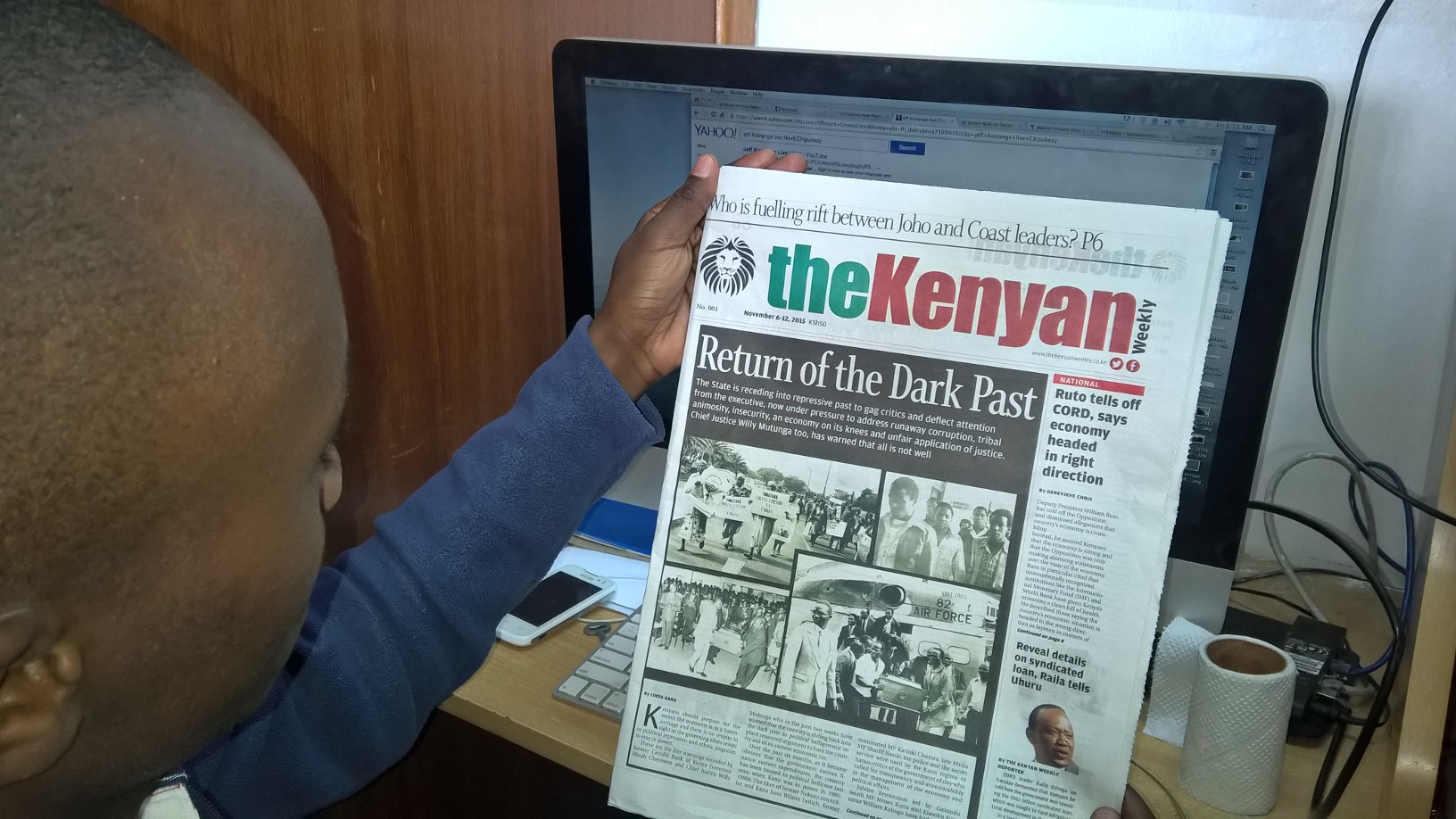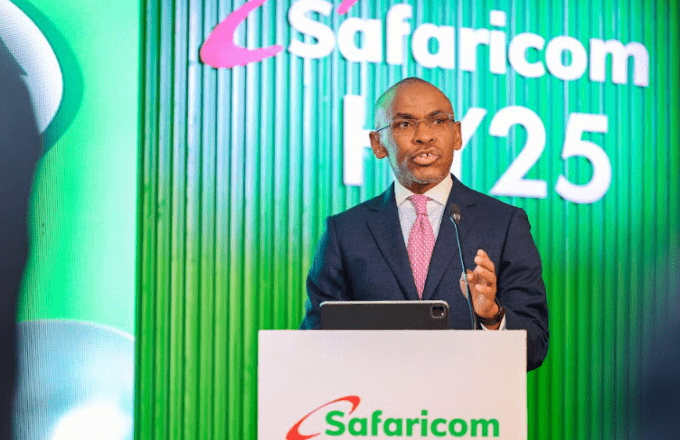The Kenyan Weekly, the weekly newspaper launched by Raila Odinga last year to drive the ODM party agenda, is facing financial problems that threaten its survival in the market.
The situation is so bad that staff working for the newspaper have not been paid for the last two or so months. There is tension with fears that some journalists could quit due to persistent delays in salary payment.
The weekly newspaper has been publishing since November last year but has been unable to attract advertising. First because of its slanted content against the government and often praise-singing for ODM leader Raila Odinga.
The newspaper is run by prominent former mainstream journalists, some who retired early from Standard last year.
The newspaper has come into focus especially after journalists were attacked at an ODM rally in Busia and days later its party leadership threatened Western Kenya journalists who reported negatively about the part during Raila’s tour of Western province to consolidate his crumbling political support.
ODM chairman John Mbadi, who chairs the Kenyan Weekly newspaper board of directors, recently threatened to beat up journalists who report negatively about the party.
The Kenyan Weekly hoped to ride on the strong support the party enjoys in Western and Nyanza regions as well as Nairobi, Mombasa and some parts of Rift Valley.
It is financed largely by CORD leader Raila Odinga and is published every Friday. The paper has failed to counter the slant by the main newspapers in favour of the Uhuru Kenyatta administration and instead comes off as a mouthpiece for the party’s propaganda. Media observers expected a comprehensive newspaper that would have become an alternative mainstream publication.
See Also
> Let journalists do their job, ODM told
> ODM supporters attack television journalist
The Standard, majority owned by the Moi family, has shifted from opposition to government after Uhuru won the 2013. Nation is principally owned by the Aga Khan and has often leaned towards the establishment although it tries to balance.
The People Daily, which went free two years ago, is owned by the Kenyatta family and drives the government agenda. Newspapers draw over half of their advertising revenues from the government, which the Kenyan Weekly has been criticizing every week.
The private sector is also very selective on which platforms they advertise on, keen not to send the wrong political signals. Raila also failed to get governors, majority of whom are from his CORD coalition, to support it through advertising perhaps due to its limited circulation and shifting political alliances that have hit his party.
The fate of Kenyan Weekly now lies in the hands of Raila Odinga. If it closes down, it will be a blow to the party and its leadership and a vote of no-confidence in its ability to run a successful media machine.











Did you say that The Nation is owned by Agha Khan? That is a joke. Did you also that it tries to balance their news? That is another joke. Why are you not telling people that the news group is partly owned by Kikuyu tycoons? and that their news caters for their interests.